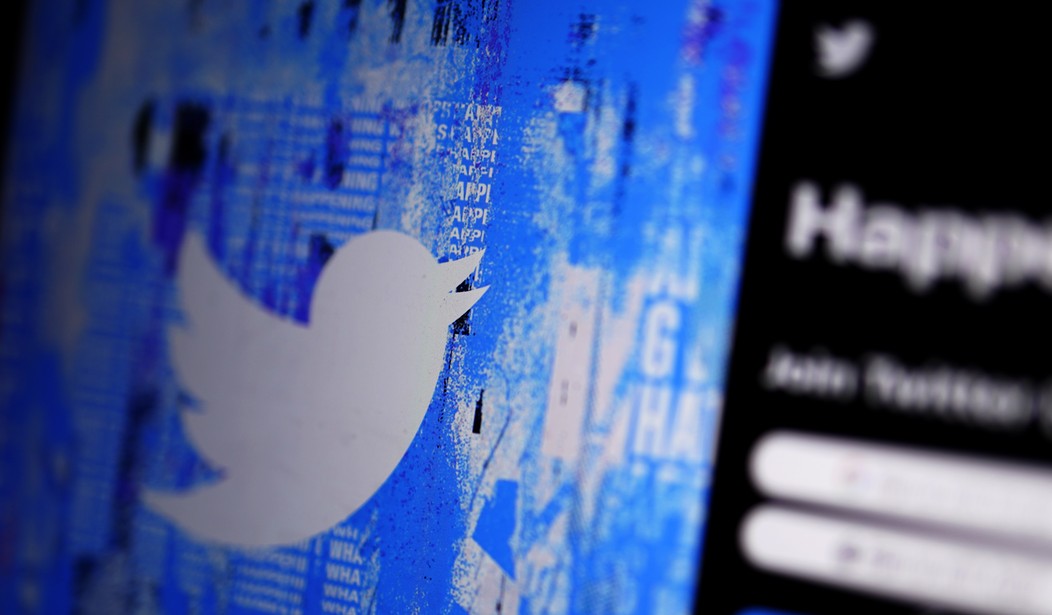Elon Musk, on Friday, decided to walk away from his $44 billion deal to buy social media giant Twitter, but the story is far from over. Twitter quickly fired back, saying it intends to hold Musk to the terms of the acquisition and “would sue Musk in a Delaware chancery court to force him to” complete the sale.
Musk’s decision to nix the deal was based on his claim that fake accounts and bots lowered the value of the company. On Friday, I told the story of what bots actually are and why they’re important. Meanwhile, my colleague Mike Miller reported on how Elon’s latest move might be “unbelievably crippling” to Twitter regardless of how this plays out.
Back to what’s next. The New York Times reports that:
…the fate of the influential social media network will be determined by what may be an epic court battle, involving months of expensive litigation and high-stakes negotiations by elite lawyers on both sides.
Grab the popcorn, this one could be a doozy. The big question is, will a court require Musk to consummate the deal, or will he be able to walk away, albeit with as much as a billion-dollar penalty? According to both the Washington Post and the NY Times, legal experts believe that Twitter has the upper hand. The Times provides a word of caution though:
…Mr. Musk revels in impulsiveness and brinkmanship and is backed by a fleet of top bankers and lawyers. Rather than engaging in a protracted public brawl with the world’s richest man and his legions of die-hard followers, Twitter might come under pressure to find a swift and relatively peaceful resolution — one that could preserve the company’s independence but leave it in a tenuous financial position.
Elon Musk made his way through life by upending reality.
Unless you’re smarter than he is, it’s unlikely that you see this situation unfolding the way it ultimately will.
Betting against or doubting Elon is usually the wrong move.
— Cernovich (@Cernovich) July 9, 2022
According to Fortune, the entire affair will come down to three words: “Material Adverse Effect.” In other words, Musk must prove that Twitter’s refusal, in his view, to supply adequate information about fake accounts constitutes an adverse effect that didn’t enter into his initial calculations in offering to buy the company. Per Fortune:
To escape the deal, Musk must prove the alleged omission amounts to an “unexpected, fundamental, permanent” negative development—akin to blowing a hole in the transaction that can’t be fixed, said Larry Hamermesh, a University of Pennsylvania law professor.
Twitter stands by its estimates that only five percent of its users are fake, but other reports claim that the actual number is closer to 20 percent.
It’s hard to know where this is going, as in many ways, this case is unprecedented. The Wall Street Journal writes:
“What are they going to do if there is a judgment and he says, ‘Well, I’m still not going to buy it’?” said Zohar Goshen, professor of transactional law at Columbia Law School. “They don’t really have tools to force him to go through with it. You don’t put people in jail because they don’t buy something.”
One thing is sure: This saga is far from over.
.@SebGorka: "Elon Musk has the data on his side, we're going to see who wins this arm-wrestling match." @MikeCarterTV
MORE: https://t.co/LLpqVxQJPZ pic.twitter.com/GyBX2gDbHz
— Newsmax (@newsmax) July 9, 2022
If this battle does end up in court, it could be a fierce, ugly fight. Musk has shown an uncanny ability to succeed in almost everything he does, and while legions of Twitter users were thrilled that he was buying the company because they thought he would make it better, that does not appear to be the case at this time. As the saying goes, “may you live in interesting times.”
We certainly do, and this promises to get more riveting in the near future.














Join the conversation as a VIP Member